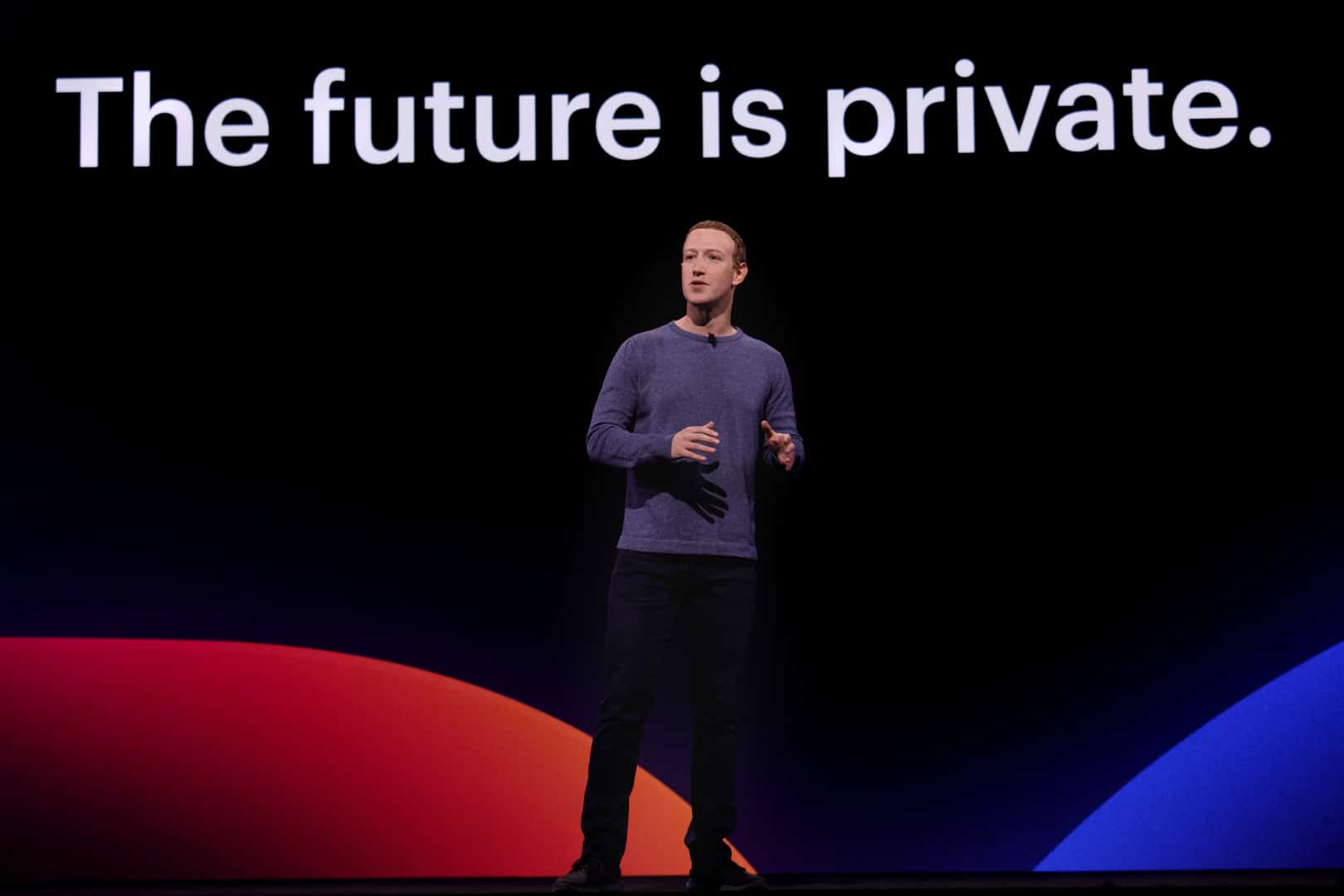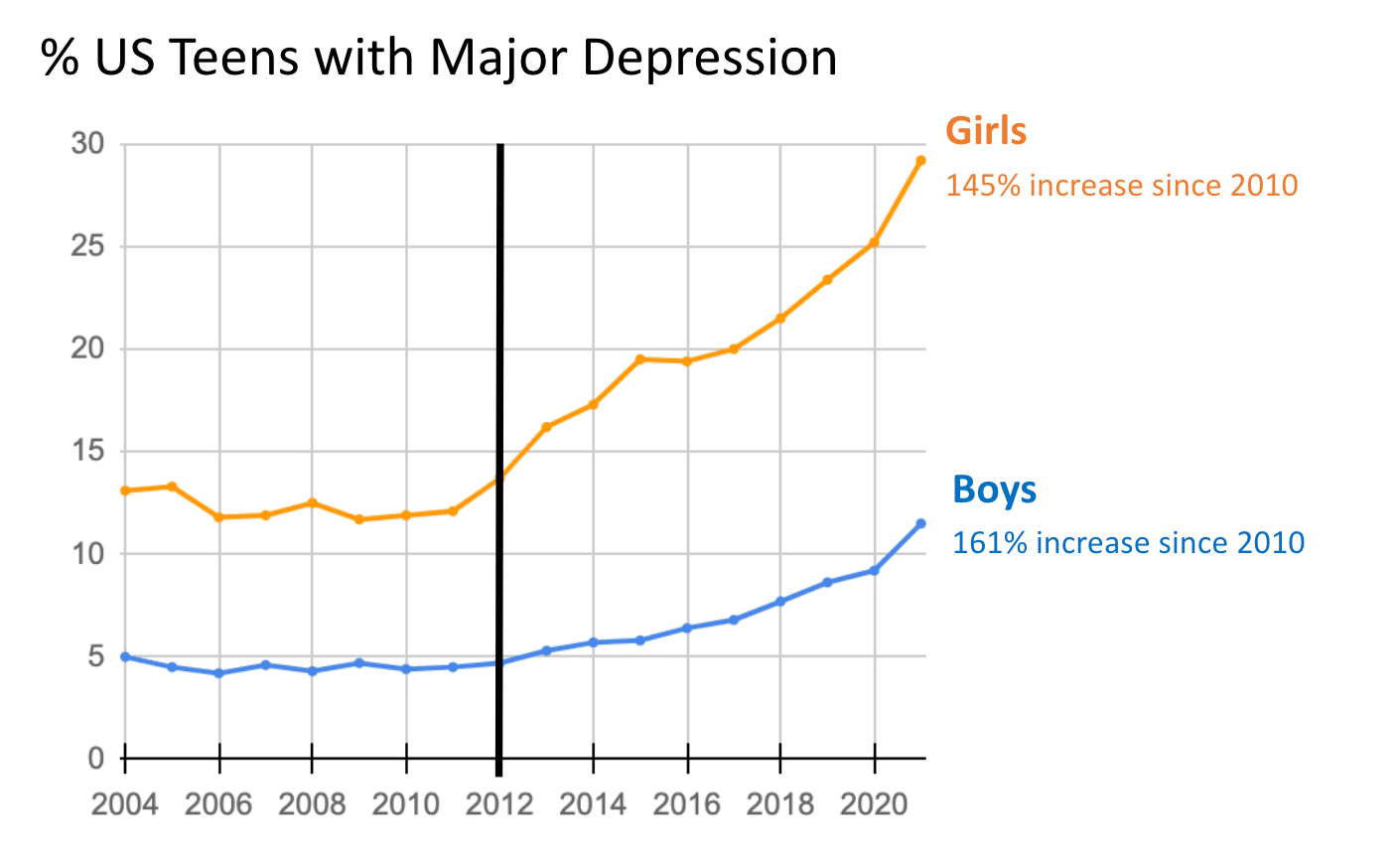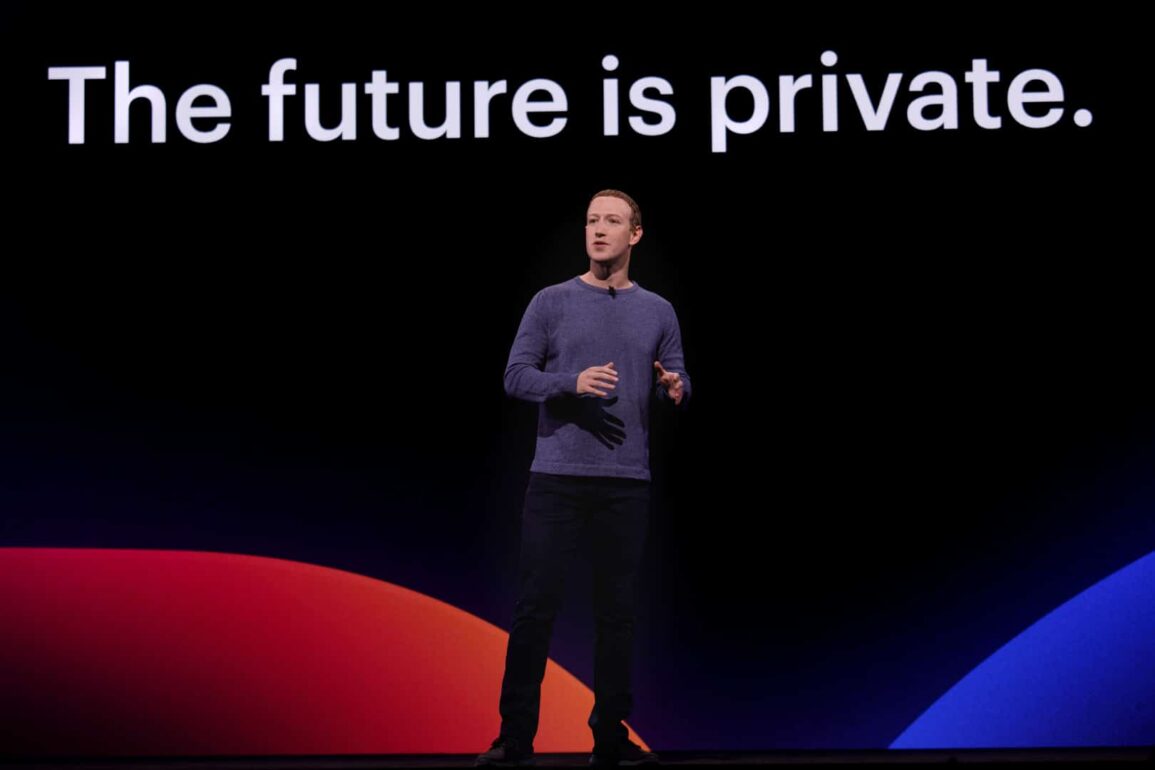
Did social media kill love? What is love? Your grandmother, your father, your mother can all give an answer. They all have a definition in mind. Do you?
If you are a Millennial or a Gen Z member you might not be so sure. The use of social media has significantly altered how Millennials and Gen Z behave. Recent findings show that these generations engage and consume content in ways which distinguish them from earlier generations. They spend an average of 3 to 4 hours per day on social media sites, and this activity has changed the way they communicate, create connections, and see the world around them.
Love: How does Gen Z interact with Social Media?
One notable change is the way young people view human contact and relationships. Millennials and Gen Z prefer to communicate via social media, texting, and direct messaging over face-to-face interactions. In comparison to face-to-face interactions, they view these kinds of communication as cozier, less intimidating, and more convenient. In a Common Sense Media survey, 35% of students claimed that texting is the most popular method of communication with their peers, while just 32% claimed to speak to their friends face-to-face on a daily basis.
“I believe social media has made it more difficult to establish genuine connections with others.”
Young people experience life mostly on screen, via social media and the news. Let’s not forget that Gen Z was highly impacted by Covid, and due to isolation they experienced the world largely through the internet for more than 2 years.
Evidence supports the assertion that social media killed love
Gen Z is a generation focused on themselves, and not entirely because they are selfish. Due to the financial instability that we are all experiencing, they want first to be able to take care of themselves and then partner up with someone else. Many members of this generation believe that before bringing another person into the picture, they must first acquire stability for themselves.


Another factor is the easier availability of relationship knowledge online, which has given Gen Z the vocabulary they need to express both who they are and what they need and desire from a relationship that doesn’t compromise either. It does seem that social media has killed love, after all. A growing amount of evidence supports this assertion: the BBC reports that Gen Z appear to approach relationships especially pragmatically in comparison to earlier generations, and they aren’t engaging in as much intercourse. So all that is ‘killing love” for now, by postponing it. Adding to the picture the ease of online romance, Gen Z remains single and it seems that social media is reinforcing that.
If you are a Gen X, you remember your heart racing when you saw someone you liked, the agony of approaching them, the intense looks across the room, in a café, at a party, at school….do young people experience that adrenaline rush now? Remember how many rehearsals you used to do in front of the mirror?
How have Social Media platforms changed human relationships?
The ways in which young people form connections and relationships now have been greatly impacted by social media. They connect with others on social networking sites like Facebook and Instagram, share their experiences, and look for approval from their peers. The quantity of likes, comments, and followers they receive on social media is frequently used by them to evaluate the caliber of their relationships. In a Pew Research Center survey, 45% of teens reported feeling overwhelmed by the drama on social media, with 41% feeling under pressure only to post things that make them look good.
“Online, it’s simpler to be a fake and hide who you really are.”
Some people perceive a like or a heart to be an expression of sentiment or love…but it is not. They perceive a compliment as love at first sight….but it is not. Perhaps young (and not only young) people need to understand that whatever is written on a keyboard must be verified and cross checked, otherwise they might be disappointed. Another reason why some people believe that social media has killed love. These applications have given people new ways to connect and communicate, but have also brought up new difficulties in interpersonal relationships.


Individuals frequently offer a carefully manicured image of themselves online, which might not really represent their personality in real life. This makes it challenging to establish sincere connections with others because misunderstandings and misinterpretations easily occur. A culture of quick satisfaction has also been cultivated through social media, where users anticipate prompt responses and affirmation from their online connections. When the desired replies are not received, this can cause worry and even sadness.
The number of teens reporting depression and anxiety has increased.
The teen mental health epidemic began around 2012. It’s not enough to tell anecdotes about kids who started cutting themselves a week after joining Instagram. We need to look at peer-reviewed studies and top-notch surveys that demonstrate both that there is a real epidemic of mental illness, and that social media and mobile devices are major contributing factors.
Self-report surveys that have been carried out at regular intervals starting in 2010 or earlier are summarized in Section 1 of the Collaborative Review. Do Gen Z report that their mental health is deteriorating? Yeah, in each study that we can locate. There isn’t any research on the opposing side, either. Today, I’ll concentrate on US data.


Zuckerberg’s META itself is researching teen users’ mental health. Haugen, a former product manager at Facebook revealed important information on META’s research results: internal Facebook records that were made public, show that 17% of young girls and 13.5% of teen girls believe that Instagram increases eating problems and suicidal thoughts.
Is digital footprint dangerous?
Also, whatever is on Social, stays there forever, even if you delete it. For example, Facebook’s official page states that if you delete your account everything is gone in 30 days, but another official page says that if you have the same email and phone number, you can get your account back even after years. Nobody knows TBH, and this caused a surge of teenagers leaving the platform, worldwide.
The internet has a strong memory and thank God that for all Gen Xs, there is no online proof of what we were doing and nobody could track us. Younger generations have left their digital footprint everywhere!
When the early personal Facebook profiles were created, users didn’t care that much of having “the perfect“ profile picture and used to upload random, and frequently what HR managers believe to be embarrassing shots of themselves, which would rarely be the case now. But the fact is that back in these early days of 2006, most users could not care less, because they did not even understand how Facebook works. Now things have changed, platforms have changed, the algorithms are racing to collect data and people seem more than ever confused about the use of social media and their reason for existence. Gen Z, the most educated generation ever, tech-savvy and open-minded, are the center of everything, giving markets and marketers a headache about their intentions.


But how are they defining social media? What are they saying? In their own words, Millennials and Gen Z discuss how social media affects interpersonal interactions. One member of Gen Z stated, “social media, in my opinion, has made it simpler for people to communicate virtually rather than in person. Online, it’s simpler to be a fake and hide who you really are.” Another member of Generation Z added, “Because we are so accustomed to interacting via our phones, I believe social media has made it more difficult to establish genuine connections with others. It might be difficult and uncomfortable to be face to face.”
Gen Z is unsure of how they will view partnerships in the future. They value social media’s comfort and ease, but they also understand its drawbacks and the value of face-to-face communication.
Generation Z: the lost arc
Generation Z is also known as the post-millennials, the Next Greatest Generation, Gen Z, Gen Edge, and iGen. Because they were raised on the Internet, they are the “most” generation in history in terms of racial and ethnic diversity, education, digital prowess, and global awareness. They are also the most nonconformist, rejecting labels and conventional career paths in favor of the YOLO philosophy (you only live once, in case you were not familiar with the acronym) and non-binary conceptions of gender and intimacy. Politics, the economy, the workplace, healthcare, brand marketing, and many other areas will be redefined in time. Notwithstanding the “snowflake” clichés, Gen Z are the most resilient generation because they have experienced so much suffering in their short lives. They have experienced lockdown drills, a pandemic and the battle on terrorism.


The only thing we can do is believe they will eventually learn how to incorporate all that ‘suffering’ into love. To behave like artists who, through drama and pain, experience love and express it in the most magical way. At the end of the day, we have all been there. We might not have survived a pandemic in our adolescence, but we had to face failure the hard way. Remember what your parents were telling you? Now even if you finish last in a race, they give you an attendance award! Parents, schools and society are treating Zs differently, which has resulted in a more sensitive generation; but life will make sure, like it did with all of us, that all young ones now will move to this new neighborhood called adulthood, and that love will come their way.
This post was originally published on this site be sure to check out more of their content








